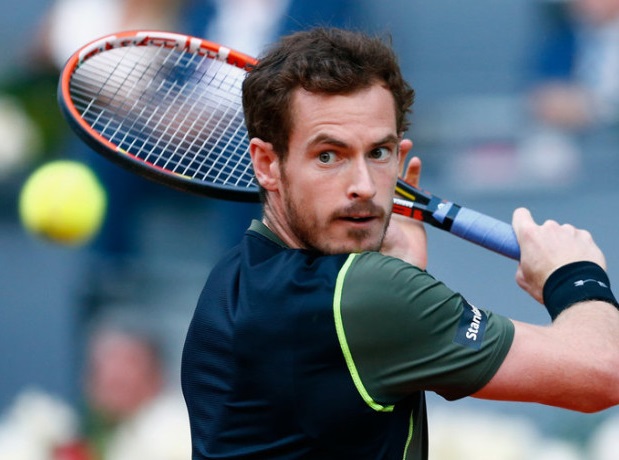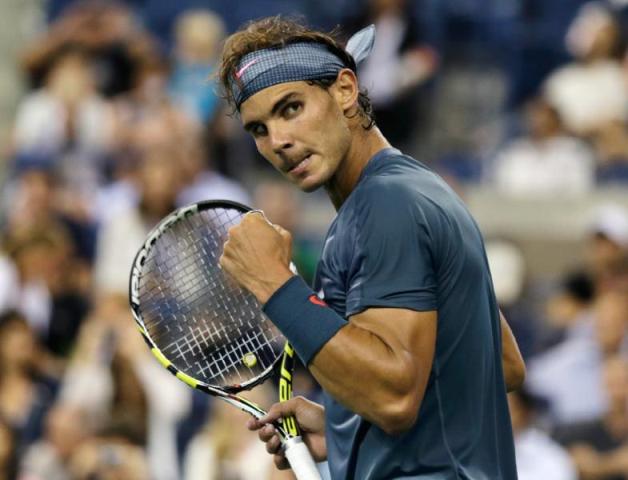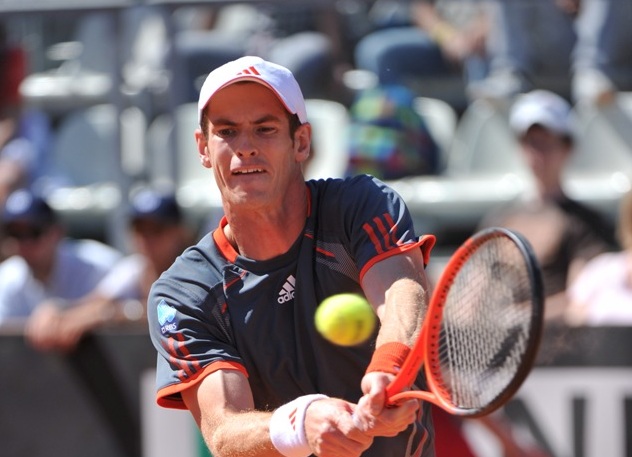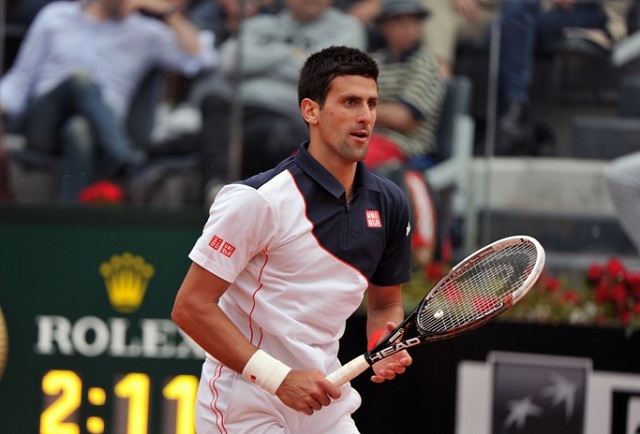Novak Djokovic vs David Ferrer Preview – Rome Masters 2015 SF

Following a pair of impressive matches on Friday, world No. 1 Novak Djokovic and David Ferrer will cross paths for a 20th time on the ATP World Tour to determine who will advance to the final of the Internazionali BNL d’Italia. Djokovic leads the head-to-head series 14-5, including wins in their last eight consecutive meetings dating back to 2011.
The top seed at this year’s Rome Masters continued to struggle and plod his way through the draw, this time with yet another three set encounter against Kei Nishikori. While Djokovic began the match in top form, he was unable to maintain that momentum and dropped the second set before recovering to close out the match 6-3, 3-6, 6-1. Djokovic hit three aces, won 84% of his first service points and converted three break points to win the match in one hour and 48 minutes to extend his record at this event to 32-5.
In a match that required three sets to be completed, David Ferrer defeated David Goffin to reach the semi-final round of the Rome Masters 1000 event. He struck six aces, won 72% of his first service points and converted five break points to close out the match 6-2, 4-6, 6-3 in two hours and nine minutes. He will now go on to face Djokovic for a place in the final.
Considering Djokovic leads the head-to-head series 14-5, there should be little doubt that he will control the contest en route to the final round of the tournament. While Ferrer is coming off a strong week, he is unlikely to be able to stop the Serbian star, as he has not managed that feat since 2011. He is 0-8 in their last eight meetings on the tour. However, Ferrer holds a 3-2 lead on clay, even though he lost their two most recent meetings on that surface, including a loss at this very event last year.


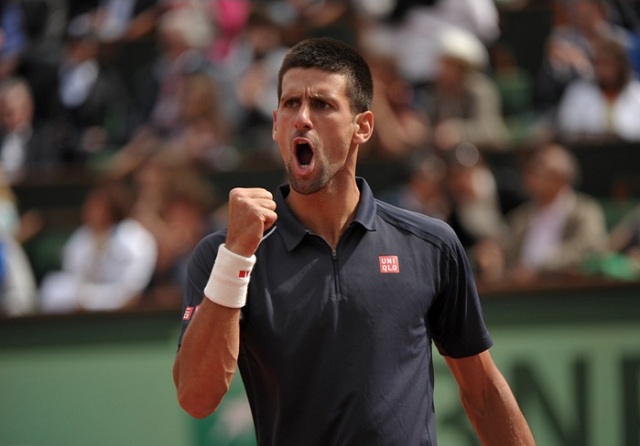
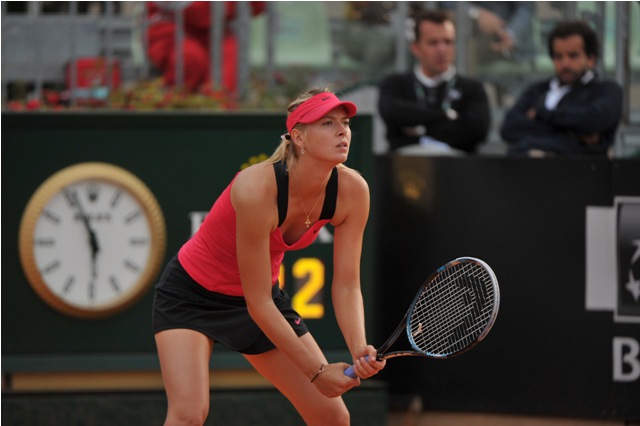

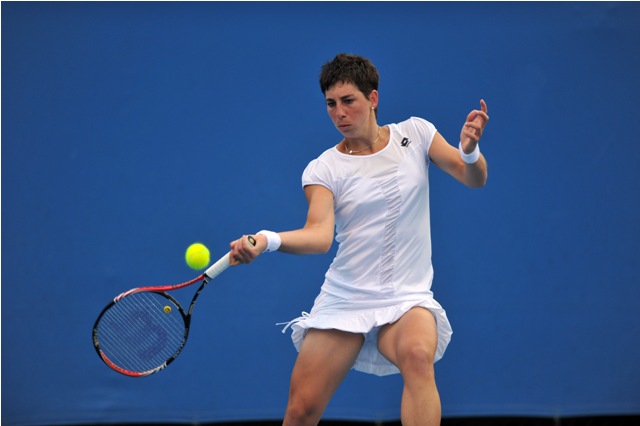

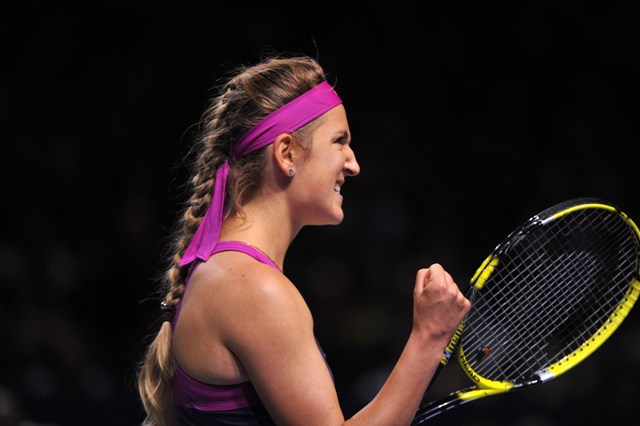

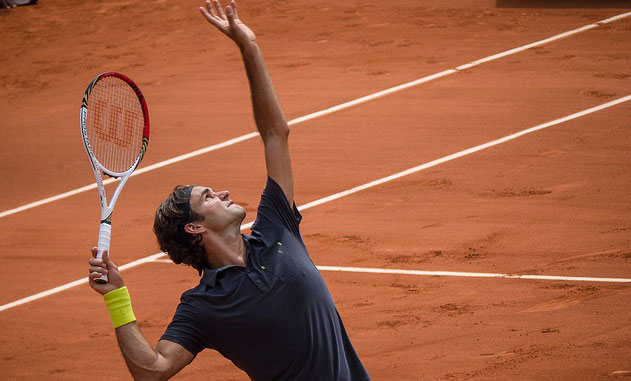

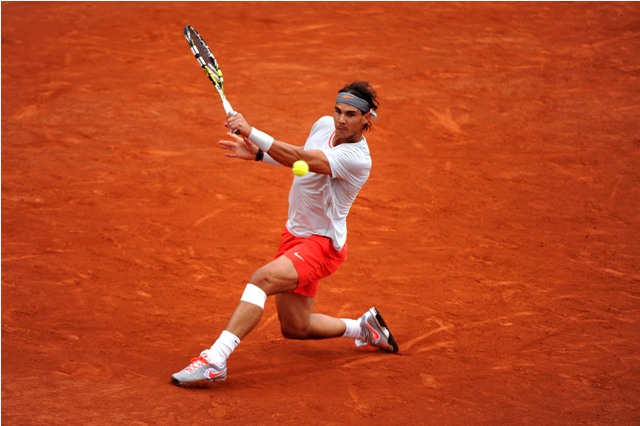
 For the first time since their infamous meeting in the final of the Australian Open in 2014, Rafael Nadal and Stan Wawrinka will cross paths on the professional tour to determine who will advance to the semi-final stage of the Internazionali BNL d’Italia in Rome. Prior to their fateful encounter last year in Melbourne, Nadal held a commanding 12-0 head-to-head record against Stan and had never dropped a set to the Swiss No. 2.
For the first time since their infamous meeting in the final of the Australian Open in 2014, Rafael Nadal and Stan Wawrinka will cross paths on the professional tour to determine who will advance to the semi-final stage of the Internazionali BNL d’Italia in Rome. Prior to their fateful encounter last year in Melbourne, Nadal held a commanding 12-0 head-to-head record against Stan and had never dropped a set to the Swiss No. 2.
